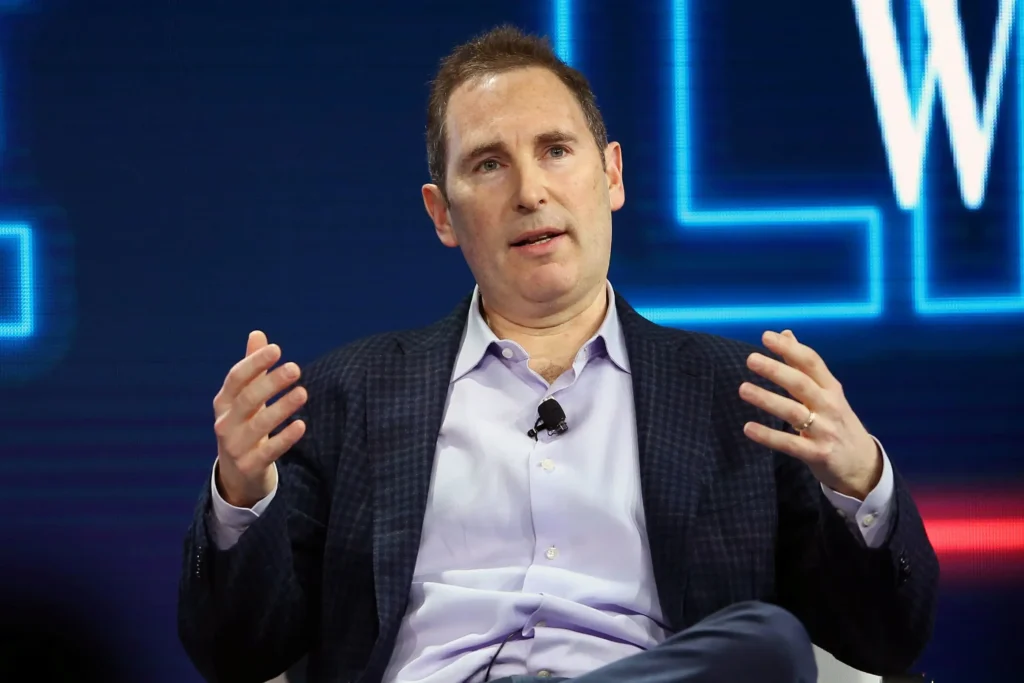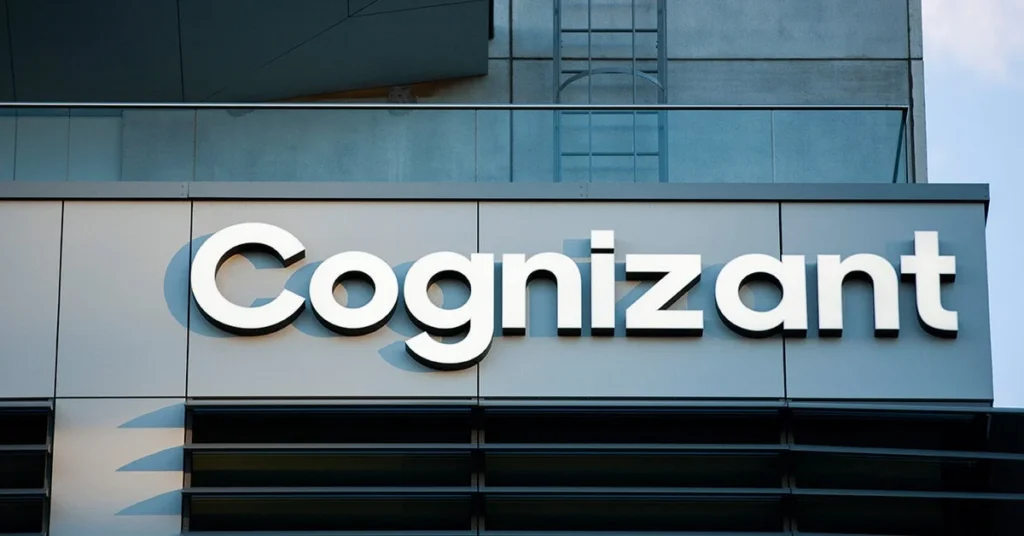The Union Budget 2026 marks a clear shift in India’s employment approach—moving away from headline job-creation numbers to building long-term, sustainable employment conditions. The new strategy places skilling, services-led growth and sector-specific ecosystems at the centre of workforce expansion. Instead of announcing how many jobs will be generated, the government has focused on aligning education, skills and industry demand. A key proposal is the formation of a high-powered standing committee on education, employment and enterprise. This body will map skill gaps, identify high-employment service sub-sectors and evaluate how artificial intelligence is reshaping future jobs—acknowledging that traditional degrees alone no longer guarantee employability. Services and Healthcare Take Centre Stage The services sector has been positioned as the primary engine of employment, with an ambitious goal of capturing a 10% share of global services exports by 2047. Officials highlighted that services create more jobs per unit of output than manufacturing, making them critical for absorbing India’s growing workforce. Healthcare forms a major pillar of this push. The Budget proposes adding 1 lakh allied health professionals across 10 disciplines over the next five years, along with training 1.5 lakh caregivers in the coming year under geriatric and allied care programmes aligned with the National Skills Qualifications Framework. Medical value tourism hubs, Ayush institutions and expanded health infrastructure are expected to generate further downstream employment, including overseas opportunities enabled by improved labour mobility clauses in free trade agreements. Creative Economy, Tourism and Sports as Job Multipliers For the first time, the Budget formally recognises the “Orange Economy”—covering animation, visual effects, gaming and comics—as a major employment frontier. With the sector projected to need around two million professionals by 2030, the government plans to establish content creator labs in 15,000 secondary schools and 500 colleges, signalling a decisive tilt towards creative and export-oriented jobs. Tourism has been reimagined as a job multiplier, with proposals for a national institute of hospitality, training 10,000 tourist guides across 20 iconic destinations, and expanding eco-tourism, trekking, birding and heritage circuits. The aim is to generate non-migrant employment in smaller towns and rural regions. Sports is also being repositioned as a structured employment ecosystem under an expanded Khelo India Mission, encompassing not just athletes but also coaches, sports scientists, support staff and infrastructure-related roles. Education: From Schemes to Structures With an education outlay of nearly ₹1.4 lakh crore, the Budget signals a move from fragmented schemes to durable institutional structures, with a strong focus on women’s access and campus capacity. The education ministry allocation has risen 8.3% to ₹1,39,290 crore for 2026–27. School education and literacy receive ₹83,561 crore (up 6.4%), while higher education sees an 11.3% increase to ₹55,724 crore to support infrastructure expansion and research. A flagship higher-education initiative is the creation of five university townships near major industrial and logistics corridors, designed to cluster universities, colleges and research institutions close to emerging economic hubs. To boost women’s participation in STEM, the government has promised capital support for setting up at least one girls’ hostel in every district with higher-education STEM institutions. The Budget also proposes a new National Institute of Design (NID) in eastern India and expands digital learning infrastructure. Support has been announced for the Indian Institute of Creative Technologies, Mumbai, to establish AVGC content creator labs, while the Bharatiya Bhasha Pustak initiative will roll out digitised textbooks in Indian languages for primary and secondary students. On institutional funding, allocations for IITs increase to ₹12,123 crore and IIMs to ₹292 crore, while some other premier institutions, including IISc and IIITs, face relatively tighter budgets. Budget 2026 underscores a strategic reorientation—from counting jobs to creating the ecosystems that make employment sustainable, future-ready and globally competitive. Source: TOI










